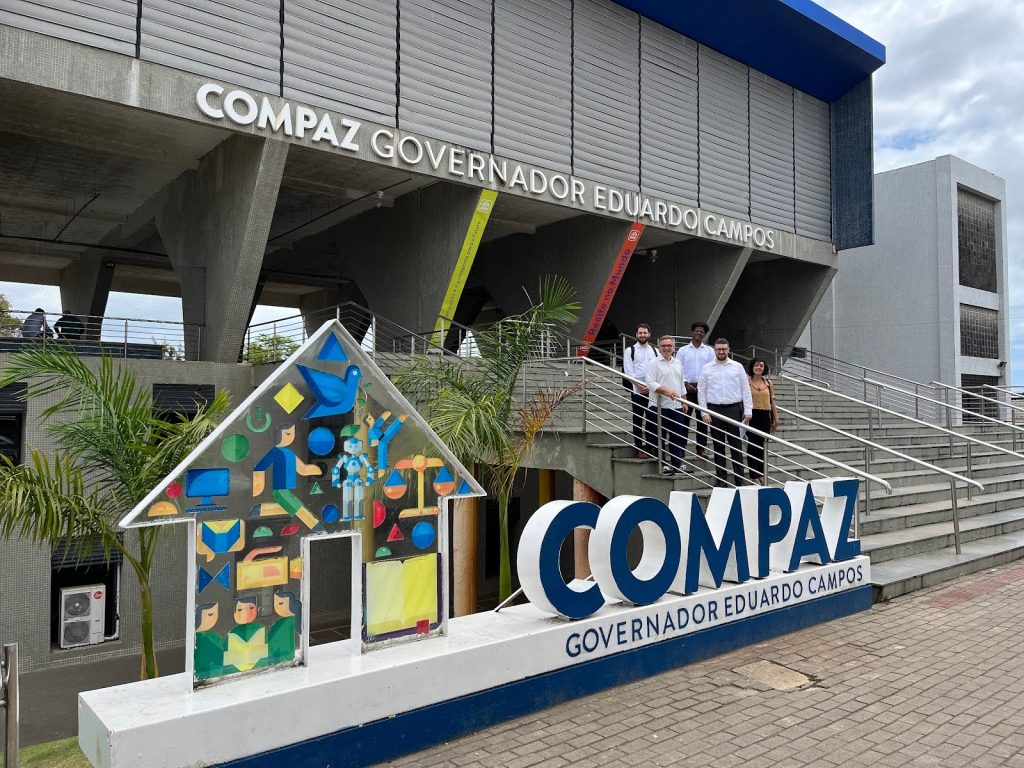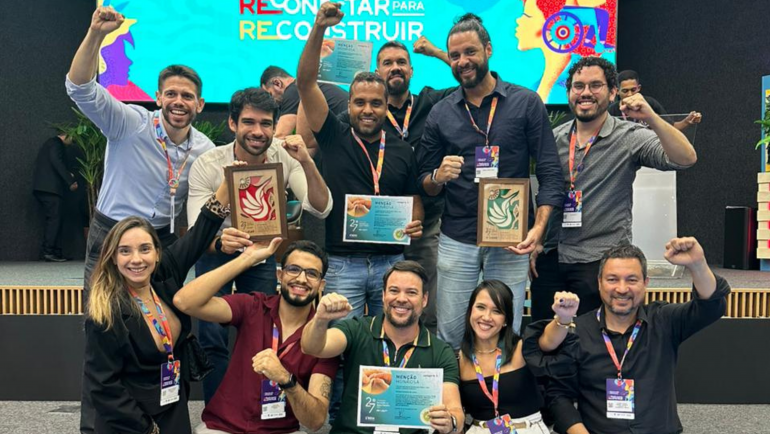Recife, Brazil
Community Needs Lead in Recife
Project Type:
Education, Health and Wellbeing, High-Performing Government, Public Safety, Technology, Youth Development
At a Glance
15% drop in violence in neighborhoods covered by COMPAZ, more significant when compared to levels of violence throughout the City.
E.I.T.A! Recife, a City-run innovation lab, elevates and experiments with resident solutions to City challenges. More than 660,000 have tested these solutions.
Through an initiative to enable experimentation with digital solutions, the City reduced the time by 70% necessary to implement new solutions.
Development of a vaccination app for COVID-19 that registered 1.6 million users and allowed residents to receive vaccines in an orderly and safe manner, especially compared to vaccine uptake in Brazil overall.
It received resources for climate adaptation via a credit operation with the IDB, which will allow Recife to invest US$364 million in a social, territorial and climate justice initiative called ProMorar. It will be the largest urban resilience program in Brazil and guarantees decent housing for more than 150,000 people.
With an air of historic architecture and an incubator for startups and innovative research, Recife, Brazil, stands out for connecting tradition, modernity and technological expertise. However, Recife has historically had one of the highest levels of income inequality in the country, one of the main factors contributing to conditions that have led to high crime rates in the city. Ranked as the 22nd most dangerous city in the world, Recife recorded 55 homicides per 100,000 inhabitants in 2017.
To combat this violence, as well as drug trafficking, the City drew inspiration from other cities, even traveling to Medellín, Colombia (which successfully implemented a similar project) more than 40 times, to formulate and launch an innovative community center project, COMPAZ. COMPAZ offers a wide range of quality programs and services, from math classes to martial arts classes, to support crime and violence prevention efforts.
With COMPAZ, the city leverages neighborhood-level data and evidence to find and implement solutions by and for communities. Thus, Recife equitably and efficiently supports needy neighborhoods, addressing issues such as public safety and economic mobility with localized and targeted interventions.
“This helps us legitimize the vision that Recife has…when we make data-driven decisions, it leads us to the right solution. We have scarce resources, we need to prioritize allocation and maximize impacts. How can I reach more people with fewer resources?”

Data-driven decision making is an integral part of COMPAZ. Using Recife’s open data portal, the city’s evaluation policy unit collaborates with academic institutions to collect data and evaluate program effectiveness, enabling the development of evidence-based policies and programs that provide solutions to issues revealed by the data. The results speak for themselves, with a 15% drop in violence in a COMPAZ neighborhood within four years of starting the project — a significant improvement over the city level, which remained stagnant during that same period.
Recife is not only implementing evidence-based programs like COMPAZ, but it is also at the forefront of innovation. That includes urban space in the city in a testing environment for innovations, making Recife the largest urban open innovation laboratory in Latin America, with an area of 218km². Open Innovation Cycles allow solutions developed by startups to be accelerated by the City Hall through a special contractual regime.Open Innovation Cycles recognize that there are challenges that the public sector cannot achieve alone – transformative solutions must be built with the end user, the resident. The ultimate goal is a city with more equal opportunities for everyone. So far, these innovation cycles have developed:
- (I) algorithm for completing the electronic medical record integrated into public health systems;
- (II) software for managing queues for free public health consultations and medical examinations; It is
- (III) Internet of Things (IoT) sensing for flooding and rain in regions susceptible to disasters to generate real-time alerts and create operational protocols.
The population is at the center of innovative data-driven solutions in Recife. This approach allowed us to tailor policies and programs to the specific needs of the community, using data to determine where resources are most needed and identify opportunities for success.
“We are not reinventing the wheel, we are eager to learn from other cities, from other teams. What works for other cities, we try to adapt to ours.”
